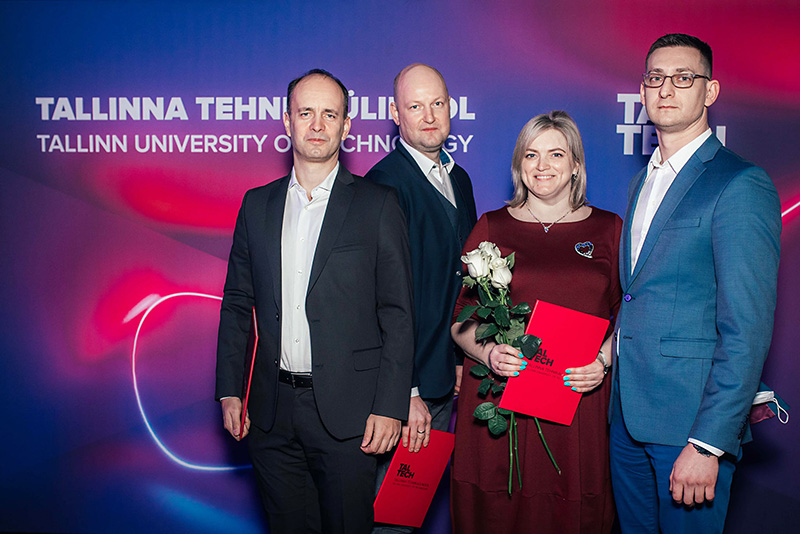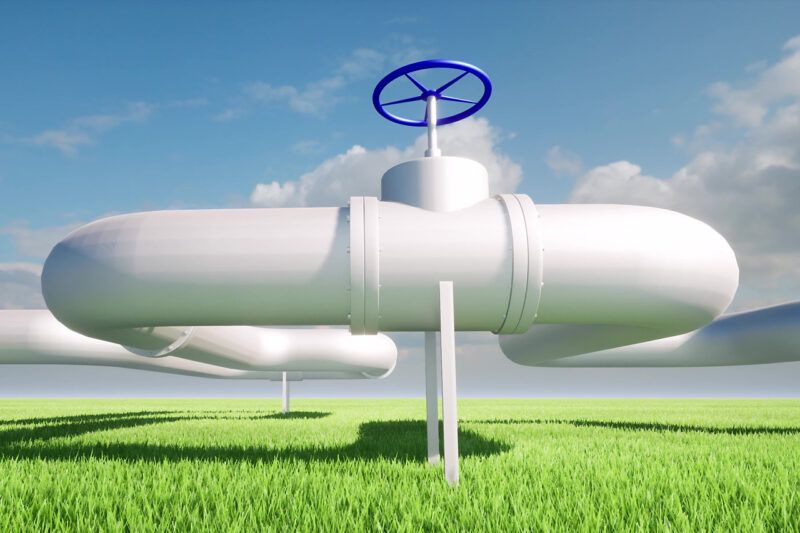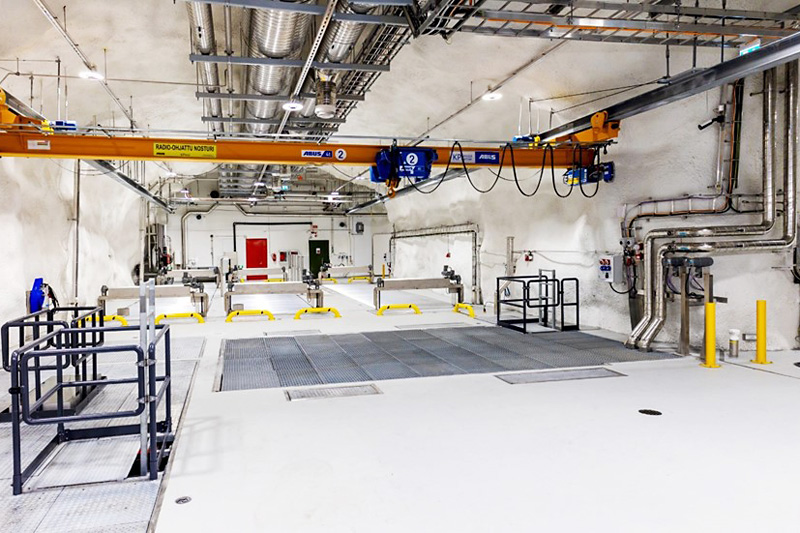Fimpec’s Igor Krupenski and Aleksandr Ledvanov in the scientific Energy Reports journal

Igor Krupenski and Aleksandr Ledvanov, experts from HeatConsult OÜ, a member of the Fimpec Group, have published together with other experts a comprehensive overview of the latest Innovations in the efficient utilization of excess heat generated by biomass-based Combined Heat and Power (CHP) plants in the multidisciplinary Energy Reports online journal.
HeatConsult OÜ specializes in the design of heat and gas supply systems, owner supervision and expert assessment. In recent years, the company has successfully participated in many local and international investment and development projects in the energy sector.
The background of the success is the in-depth expertise of the company’s experts, which is also valued in the scientific world. Concrete signs of this are the scientific researches that HeatConsult OÜ ‘s experts Igor Krupenski and Aleksandr Ledvanov have been writing.
In 2021, together with their colleagues Henrik Pieper, Tanel Kirs, Kertu Lepiksaar, Anna Volkova and Eduard Latõsov they published in the Energy Reports journal a still relevant research: Efficient use of heat from CHP distributed by district heating system in district cooling networks. The results of the research were presented at the 17th International Symposium on District Heating and Cooling, held in Nottingham, Trent University 6–9 September 2021.
Abstract of the research
District cooling (DC) can play an important role in smart energy systems. With the global trend of reducing heat loss in buildings, cooling demand will continue to increase. Considering the potential for free cooling and waste heat utilization in DC systems, a practical approach is needed to develop new DC networks. Tallinn has over 60 years of experience in developing district heating (DH) networks. The city has installed large capacities of biomass-based combined heat and power plants (CHPs). National support mechanisms allow the DH operator to generate power from CHPs and reject heat during warmer months when the heat load is insufficient. This heat can be used for DC.
This study investigates an applied approach to DC development in Tallinn’s Ülemiste City. Ülemiste City is a business park with an existing developed area of 160 000 m2. The main source of cooling for the DC network is an absorption chiller that uses rejected heat from a CHP 7 kilometres away from the DC plant. The current DH supply temperature in Tallinn during the non-heating season is 70 ◦C. To determine the optimal technical solution for an effective energy efficiency ratio of the absorption chiller and heat transmission in the DH network, various scenarios were evaluated where the DH supply temperature was 70 ◦C, 80 ◦C, and 90 ◦C. An assessment of the technical parameters is provided for these scenarios. The paper presents an overview of the efficient use of rejected heat from CHPs in DC.


